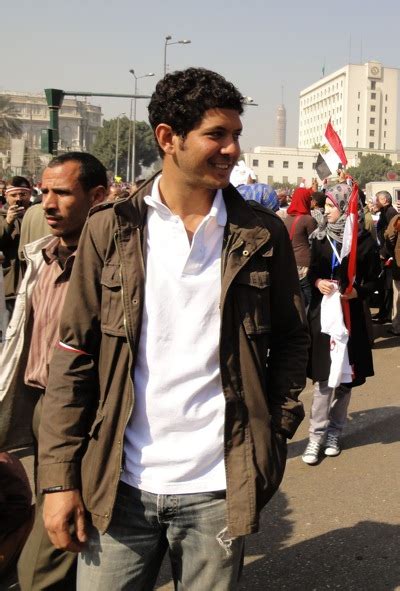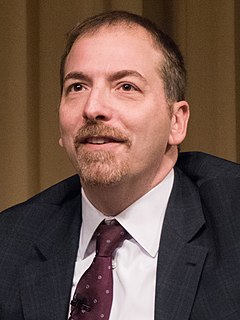A Quote by Mona Eltahawy
President Abdel Fattah el-Sisi, like his most recent predecessors Mohamed Morsi and Hosni Mubarak, rarely mention the Sinai Peninsula other than to celebrate its liberation from Israeli occupation in 1982.
Related Quotes
Shortly after Sisi was elected, his administration announced cuts of 'subsidies' on natural gas and energy consumption and lowered those for bread and other goods. Such action was taboo during the Mubarak and Sadat presidencies for over half a century, but Sisi was able to convince Egyptians he was taking necessary action.
In primary school in south-eastern Nigeria, I was taught that Hosni Mubarak was the president of Egypt. I learned the same thing in secondary school. In university, Mubarak was still president of Egypt. I came to assume, subconsciously, that he - and others like Paul Biya in Cameroon and Muammar Gaddafi in Libya - would never leave.
I was three years old when Hosni Mubarak came into power. I've lived under Hosni Mubarak nearly all my entire life. Even before he stepped down, I knew this wasn't Hosni Mubarak's Egypt anymore, and regardless of what happened, it never would be again. A fear barrier had been broken. And once that barrier was broken, it would never be built again. People knew that they had this power, that they would not be pushed around again. There was just this fearlessness and determination.






























